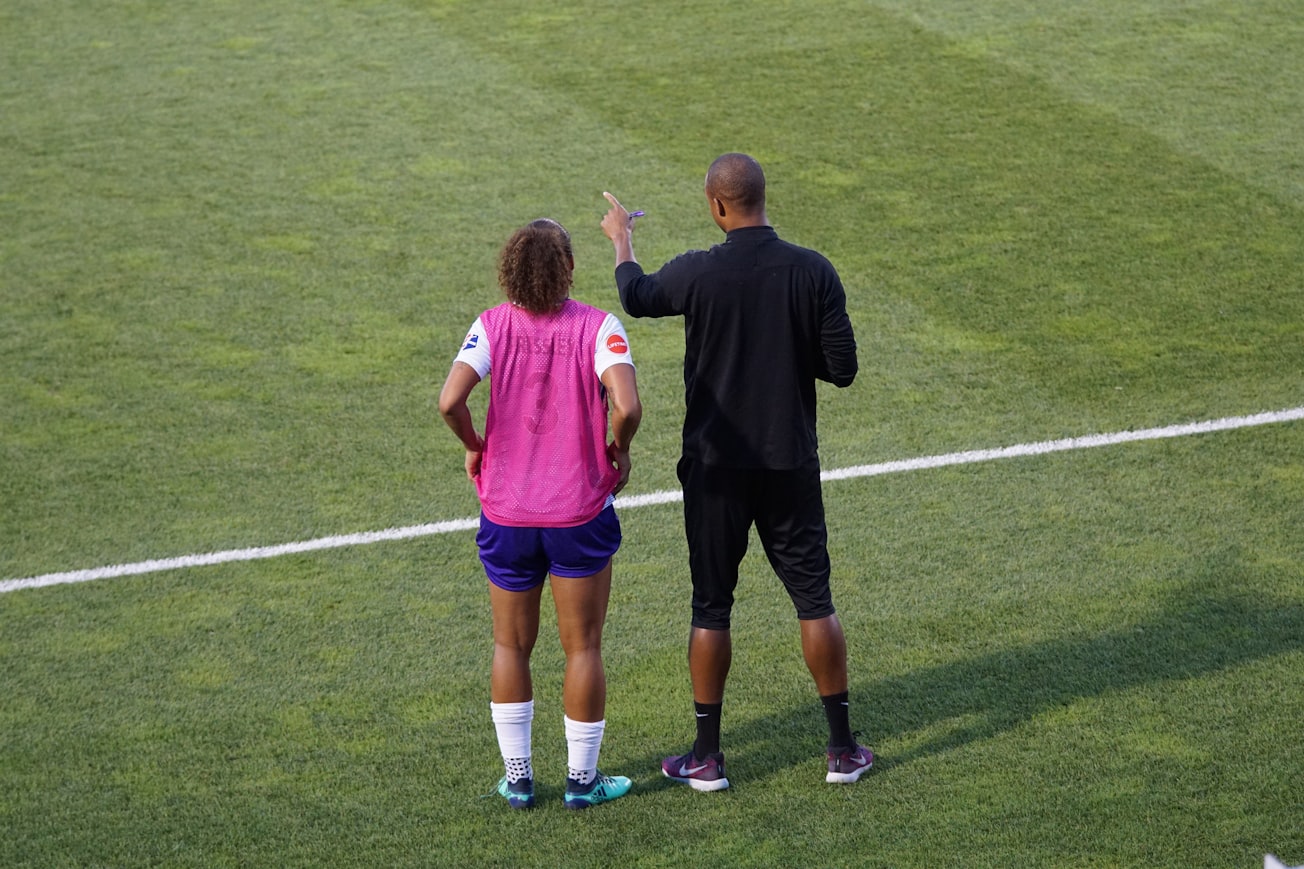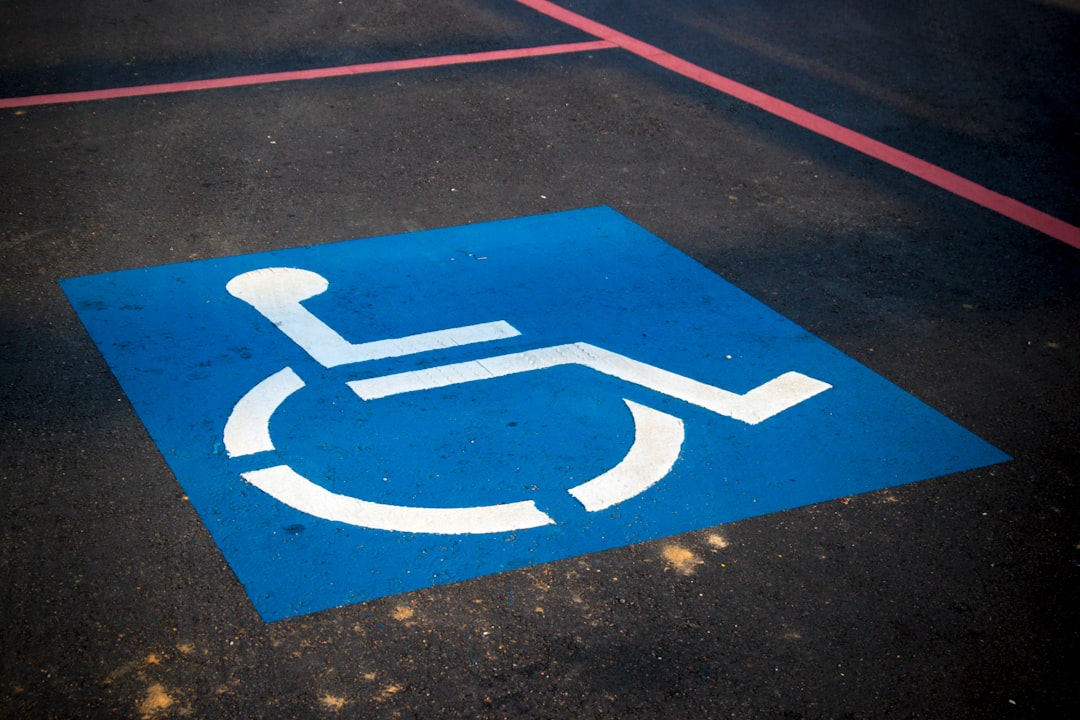What is it about?
We analysed how elite male rugby union and football athletes made the transition into a high-performance coaching role upon their retirement as an athlete and whether they were actually 'fast-tracked' into these roles. We identified how during their time as elite athletes some actively prepared themselves for a coaching role whereas others did not. Only those who did not actively prepare for a post-athletic coaching career undertook what is perceived to be a 'fast-tracked' route into a high-performance coaching role.
Featured Image

Photo by Jeffrey F Lin on Unsplash
Why is it important?
Many men's high-performance coaches in English football and rugby union are former elite athletes. Yet the experiences of those who were perceived to be 'fast-tracked' into these post-athletic coaching roles have not been analysed until now. Therefore, the project helps us understand the processes these coaches encounter to become high-performance coaches. Our findings show that not all of these coaches are actually 'fast-tracked' as they accumulate lots of their own coaching experiences that help them prepare for the career transition into a post-athletic coaching role. Other coaches' pathways, however, do suggest that they are 'fast-tracked'. We finally highlight how a lack of transparent recruitment practices these coaches had to navigate mean that coaches without an elite athletic career are perhaps overlooked and are thus discriminated against.
Perspectives
Attaining access to interview former elite athletes on their experiences of either actively or passively preparing for a post-athletic coaching role and how they were offered these coaching roles was incredibly difficult. Yet speaking to these 13 participants provided an eye-opening insight into the multiple pathways these individuals undertook in order to become a coach. I hope that for readers who have not experienced being an elite athlete that the article provides you with an insight and appreciation that not all elite athletes simply walk into a coaching job. Instead, during their athletic careers some spend many hours purposefully working within a variety of settings that help them prepare for such post-athletic coaching roles. However, we hope the article provides food for thought on the less than transparent recruitment practices which are performed and which my co-authors and I interpret to have negative consequences on helping underrepresented groups such a women enter the coaching profession amongst these two male sports.
Dr Alex D Blackett
Staffordshire University
Read the Original
This page is a summary of: “Active” and “Passive” Coach Pathways: Elite Athletes’ Entry Routes Into High-Performance Coaching Roles, International Sport Coaching Journal, September 2018, Human Kinetics,
DOI: 10.1123/iscj.2017-0053.
You can read the full text:
Resources
Contributors
The following have contributed to this page










